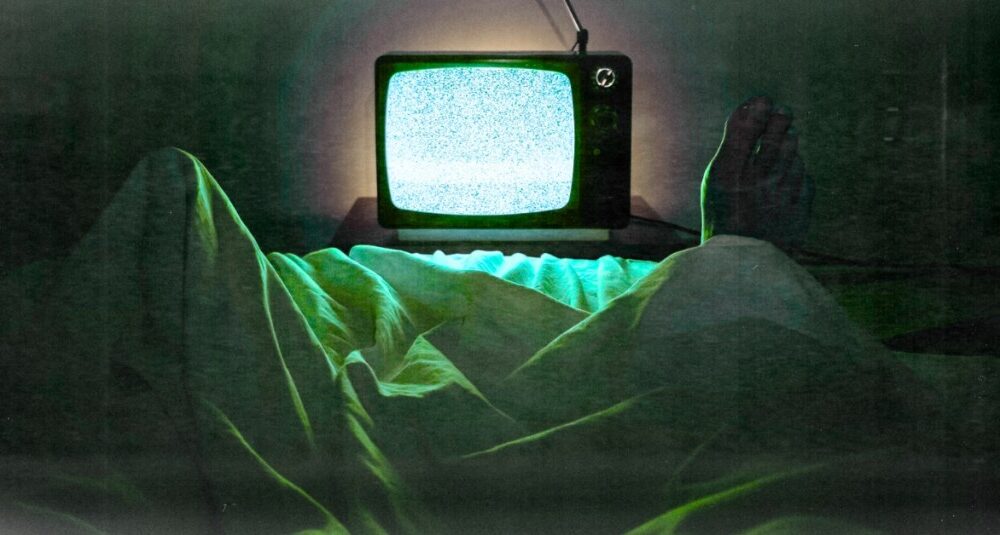Research indicates that the human brain is not equipped to function well during the late-night hours. A growing body of evidence suggests that after midnight, cognitive processes deteriorate, increasing impulsivity and the likelihood of risky behaviors. This phenomenon has been explored by various scientists, including Elizabeth Klerman, a neurologist at Harvard University. Klerman, a key figure behind the “Mind After Midnight” hypothesis, emphasizes the need for further investigation into how our biology affects our mental health during these hours.
The central concept revolves around circadian rhythms, which govern the body’s internal clock, regulating sleep, hormones, and mood. During daytime hours, our brains operate in a mode that promotes reward, collaboration, and focused thinking. However, as night falls, these functions shift to a survival-oriented state. This change makes individuals more alert to threats and increasingly sensitive to negative stimuli, a trait that has evolved from ancient times when nighttime posed significant dangers.
Research findings reveal concerning patterns associated with late-night wakefulness. Studies indicate that individuals are more prone to engage in binge-eating, substance abuse, or other self-destructive actions during the late-night hours. For instance, one study highlighted that the risk of suicide triples between midnight and 6 a.m., a critical period when cognitive functions such as reasoning and impulse control are notably weakened. The authors of the study remarked, “Suicide, previously inconceivable, emerges as an escape from loneliness and pain.”
After midnight, the brain may also distort perceptions, leading to poor decision-making. Activities such as scrolling through social media, impulsive online shopping, or engaging in heated arguments can exacerbate feelings of restlessness and anxiety. Without adequate sleep, individuals may find their emotional resilience diminished, amplifying minor concerns into overwhelming problems.
Researchers at Harvard and the Massachusetts General Research Institute believe that these findings could significantly alter our understanding of insomnia, substance use, and the challenges faced by shift workers. For those required to stay awake during the night—such as nurses, pilots, and warehouse workers—these cognitive shifts may persist for hours, placing them in a subtly impaired state.
Given the implications of this research, experts advise caution in late-night decision-making. Simple strategies like eating a small snack, reaching out to a friend, or prioritizing sleep are recommended to mitigate the brain’s adverse effects during these hours. The mind may endure the darkness, but it is clear that it is not designed to thrive in it.







